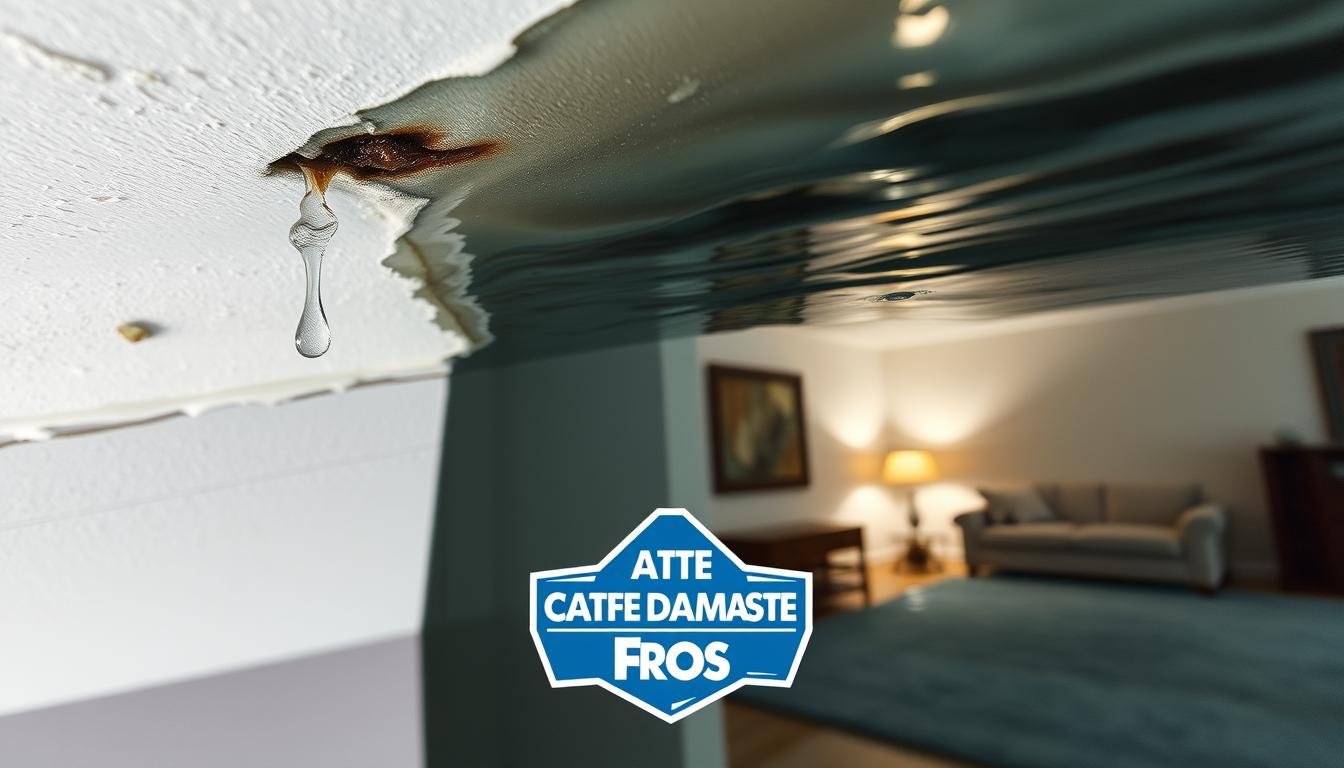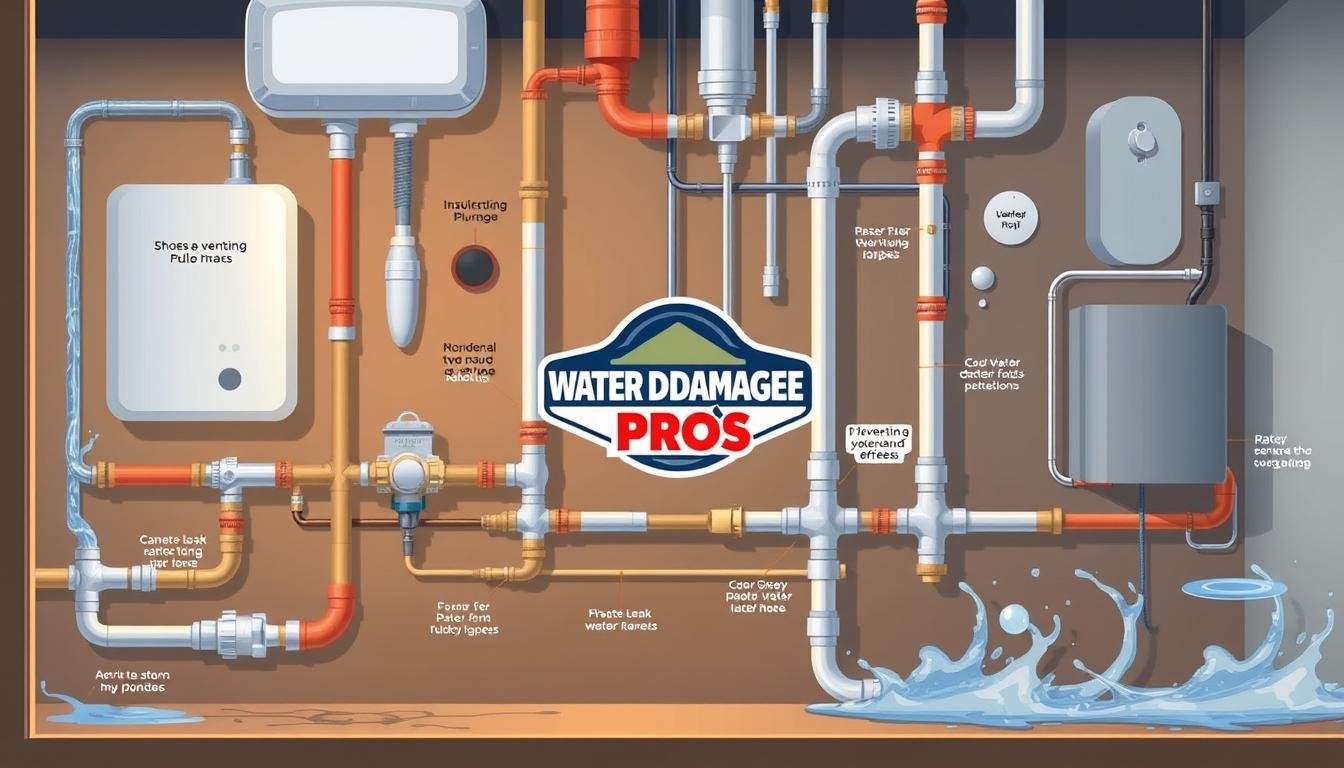The Impact of Small Leaks: How Minor Issues Lead to Major Water Damage
Even a small leak, like a dripping faucet, can turn into a big problem. The Environmental Protection Agency (EPA) says a family of four should use about 12,000 gallons of water each month. But, one leaky faucet can waste up to 20 gallons of water every day1. This means a small leak can waste thousands of gallons of water each year, causing high water bills and possible water damage. Small leaks do more than just waste water. The EPA also says pipe leaks waste about 10,000 gallons of water per person each year in the U.S. And, around one trillion gallons of water are lost each year because of leaks in homes1. These numbers show how big the problem is. They also show why it’s so important to find and fix leaks quickly to avoid big water damage. Key Takeaways Small water leaks can quickly escalate into major water damage issues if left unrepaired. Ignoring even minor leaks can lead to thousands of gallons of water wasted annually, driving up utility bills. Undetected leaks can cause significant structural damage, mold growth, and the potential loss of personal belongings. Prompt leak detection and repair is crucial to protect your home and prevent costly water damage. Regular plumbing maintenance, including replacing washing machine hoses every 3-5 years, can help mitigate the risk of water leaks1. The Dangers of Ignoring Minor Leaks It’s tempting to ignore a small drip or moisture buildup. But, the risks of ignoring minor leaks are huge2. A small leak can quickly turn into a big problem, causing damage, mold, and big costs3. Potential for Extensive Structural Damage Leaks behind walls or in ceilings can harm your home’s structure2. They can damage wood and insulation, making your home unstable2. Water damage also attracts pests like rodents and insects3. It’s important to fix any water leaks quickly2. Regular checks by roof experts and keeping your plumbing in good shape can help2. This way, you can avoid expensive damage3. Ignoring leaks can also cause mold and mildew growth2. This is dangerous for your health and needs professional help2. It can make your air quality bad, leading to allergies, breathing issues, and serious health problems3. Don’t let a small leak become a big problem. Stay alert, fix any water issues fast, and keep your home and family safe from minor leaks.23 small leaks major water damage Ignoring small leaks can lead to big problems for your home. A slow drip or a small pipe crack can quickly turn into a major issue. A leaky pipe can lose a litre of water every year4. This small leak can cause a lot of water loss, leading to higher bills and mold growth4. Mold can be very harmful, especially for people with asthma or other breathing issues4. It can also damage your home’s structure, including wood and insulation4. Even small leaks can harm your floors, ceilings, and walls4. Leaks inside walls can be hidden for a long time, causing a lot of damage4. They can also attract pests, making the problem worse. It’s important to find and fix any leaks quickly to avoid big damage4. Regular plumbing checks and repairs can save you money by avoiding expensive damage4. Fixing outdoor plumbing or installing a sump pump can help prevent basement flooding4. Being careful and controlling moisture can protect your home from small leaks4. By fixing leaks and using water restoration services, you can keep your home safe4. Conclusion Small water leaks should never be ignored. They can quickly turn into big problems and cost a lot to fix5. As a homeowner, it’s important to watch for signs of leaks like damp spots or musty smells5. Also, keep an eye on your water bills for any sudden increases5. By catching and fixing small leaks early, you can avoid big damage. This includes mold and pests, which can save you thousands of dollars56. Working with water damage experts, like Water Damage Pros – San Bernardino (951-903-5429), is key6. They can find hidden problems and fix them before they get worse6. This way, you can keep your home safe and avoid expensive repairs. Investing in water damage repair and maintenance is smart6. It helps protect your home from mold and other water issues. Stay alert, act fast, and work with the right experts to keep your home safe and dry for your family. FAQ What are the dangers of ignoring small water leaks? Small leaks can waste a lot of water each year. This can lead to high utility bills and mold growth. It also attracts pests. Ignoring these leaks can cause big damage. This includes structural problems, ruined floors, and lost belongings. How can small leaks quickly escalate into major problems? Small leaks can become big disasters if not fixed. Leaks behind walls or ceilings can damage the structure of your home. This can harm wood and insulation. Leaks also attract pests. Rodents and insects seek out moisture. This can lead to infestations. What are the consequences of failing to address minor water leaks? A small leak can waste a lot of water each year. This increases your utility bills and leads to mold growth. Mold can harm your air quality and health. Leaks can also cause serious damage to your home. They can attract pests, making the problem worse. Source Links https://simplygreenplumbing.com/how-to-stop-small-water-leaks-from-becoming-major-problems/ https://reynoldsrestoration.com/knowledge-center/hidden-dangers-of-ignoring-roof-leaks/ https://www.iernaair.com/blog/the-top-dangers-of-water-leaks-in-your-home/ https://1strooter.com/blog/how-water-leaks-can-cause-major-damage/ https://www.thisoldhouse.com/foundations/reviews/water-damage-statistics https://www.cbcomplete.com/is-a-water-leak-considered-structural-damage/



